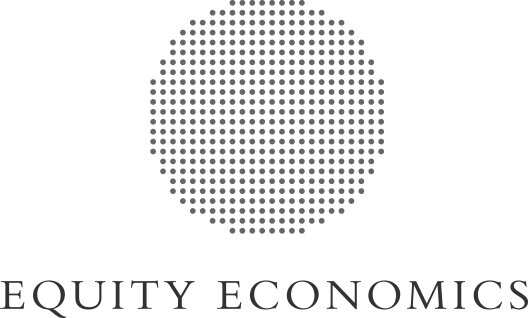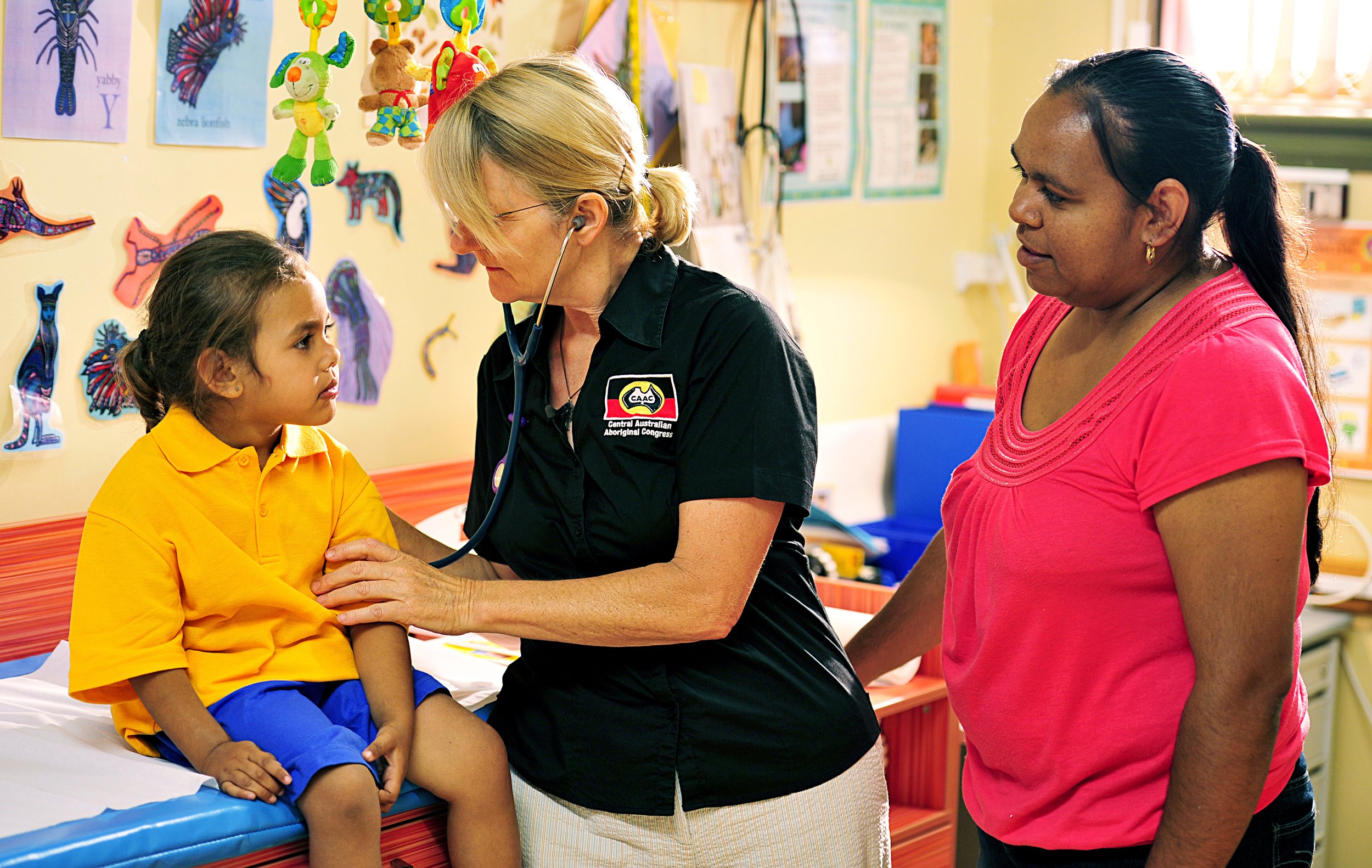Report Archive
Research and reports we’ve produced
Gambling in Australia’s Cost-of-living Crisis: The Black Hole in Household Budgets
The cost-of-living crisis is hitting Australian households hard – high interest rates, record increases in the costs for essential goods and services and stagnant wages growth are putting unprecedented pressure on weekly budgets.
Governments at all levels have responded decisively with a range of actions to help families and other households manage these cost pressures – including tax cuts, utilities bill relief, assistance with health care costs and direct payments for low-income households.
But there is a hidden, unspoken black hole in household budgets that government cost-of-living policies has failed to address. This black hole is gambling losses.
GEDSI and the workplace
As a partner organisation of SURGE, Equity Economics is pleased to support the provision of gender equality technical advice across a range of DFAT investments in the region.
Here is a small example - drawing together the compelling evidence of the value of diverse workplaces that are gender equal and disability inclusive workplaces. For more examples of this work visit the SURGE website here: (https://surge4genderequality.com.au/)
Pacific Fiscal Budget Support 2020-2023 Evaluation Report
The Pacific COVID-19 Fiscal Budget Support package provided AUD498 million to Pacific Island countries and Timor-Leste over a three-year period (2020-2023). The aim was to help countries mitigate the risk of fiscal crisis, maintain essential services and protect the vulnerable through targeted and temporary support.
The evaluation assessed the effectiveness, efficiency, sustainability, gender equality and disability inclusion of the package across 12 countries: Fiji, Papua New Guinea, Tonga, Samoa, Solomon Islands, Vanuatu, Kiribati, Federated States of Micronesia, Republic of the Marshall Islands, Nauru, Tuvalu and Timor-Leste. The findings will be used to inform the next Pacific direct financing package.
Achieving greater equity in Australia – reimagining our ‘universal’ systems
There is no single or simple way to measure equity in Australia. In economics, we often revert to measures of inequality to determine how people are faring in terms of distribution of income and wealth. Unfortunately, these measures aren’t heading in the right direction if our goal is to improve outcomes and opportunities for all Australians.
Despite major advances in opportunities for women, significant new funding for people with disabilities, and our enviable (though increasingly inadequate) social safety net, inequity remains and is widening by many measures. This paper explores inequity in Australia and considers what we need to do if we want to see fairer outcomes across Australia.
Timor-Leste Economic Diversification Pathways
Despite making commendable development progress since gaining independence in 2002, Timor-Leste’s economic performance and potential have been hampered by slow and volatile economic growth, driven by the oil and gas sector.
This growth has been lower than all ASEAN members except Brunei (another oil and gas exporter). The last LNG shipment from Bayu-Undan left in November 20231. With no alternative revenue source in the short-term (until any future oil and gas developments come online), the Government of Timor- Leste’s (GoTL) revenue shortfall will be significant, highlighting the urgent need to diversify the economy.
Addressing the Housing Crisis: Unlocking Local Government’s Contribution
Australia is experiencing a housing crisis.
There are insufficient homes available in locations that people wish to live, at prices people can afford to rent or buy.
To address this challenge, governments at all levels have made major new commitments to boost and accelerate the supply of housing, with a commitment to delivering 1.2 million houses over five years from 2024
Aboriginal and Torres Strait Islander Housing Data Review
As part of its upcoming report ahead of the 2024-25 Budget, Members of the Committee are seeking advice on the housing, and related infrastructure, needs of Aboriginal and Torres Strait Islander people, and on the data needed to inform targeted government investment decisions. Equity Economics have been engaged to provide advice on Aboriginal and Torres Strait Islander housing data.
Briefing Paper: Investing for the Golden Age
Across Indonesia and Australia, ageing populations and rising incomes are driving growth in aged care, together with the favourable policy environment enabled by the Indonesia-Australia Comprehensive Economic Partnership Agreement (IA-CEPA).
Submission to the 2024-25 ACT Government budget process
Equity Economics and the ACT Alliance for Evidence-Based Education have submitted a joint submission to the 2024-25 ACT Budget process, proposing a $92 million investment over four years to allow the ACT public education system to become a work leader in implementing evidence-based literacy and numeracy practices.
Inclusion is the Future: Opportunities for Enhanced Bilateral Trade and Investment between Indonesia and Australia in Medical Devices and Assistive Technology
Equity Economics worked with Katalis to produce this market insight which digs deep into the nuances of Indonesia’s booming fintech industry and how it can forge a connection with its neighbour Australia.
Let’s Meet in the Middle: Forging Connections Between Indonesian and Australian Fintech
Equity Economics worked with Katalis to produce this market insight which digs deep into the nuances of Indonesia’s booming fintech industry and how it can forge a connection with its neighbour Australia.
Victorian Aboriginal Authority: An initial feasibility study
This paper outlines the findings from an initial feasibility study for a new, Aboriginal-led, independent statutory accountability entity to strengthen oversight of Victorian Government programs for Aboriginal people – a Victorian Aboriginal Authority (the Authority1 ).
Saving Money by Spending: Solving Illiteracy in Australia
A national study into Australia’s literacy standards by Equity Economics has found that four in ten 15-year-old students are not meeting reading benchmarks. The cost of lost lifetime earnings for those who fall behind is estimated at over $12 billion alone. This doesn’t even begin to account for the emotional costs to individuals or costs to our economy in terms of lost productivity and poorer health and wellbeing outcomes.
Place-Based approaches to Tackling Community Challenges in Australia
Equity Economics is pleased to have supported the Paul Ramsay Foundation with a new report on Place-Based approaches to Tackling Community Challenges in Australia. The report brings together the growing evidence base for place-based approaches and will hopefully support more effective programming to ensure social services and community support reach the most in need and are effective.
Raising the grade: How schools in the Australian Capital Territory can lift literacy outcomes for students and the economy
A new report by Equity Economics has found that children in ACT classrooms are not being taught to read in a way that aligns with the science and research on literacy instruction.
Submission to Australia’s Measuring What Matters Framework
Equity Economics have produced a submission to the Treasury’s ‘Measuring What Matters’ Framework, proposing that children need to be front of mind when developing and implementing our wellbeing framework.
ASEAN-Australia Digital Trade Standards (DTS) Initiative Mid-Term Review Report
A Mid-Term Review of the ASEAN-Australia Digital Trade Standards (DTS) Initiative, a AUD 5 million (2018-2024) program to support greater implementation of digital trade standards by ASEAN Member States (AMS) and to increase digital trade for regional prosperity and security, was conducted in early 2022 by an independent consultant.
Submission to the Productivity Commission Inquiry into the National School Reform Agreement: Improving Literacy Outcomes in Australia
Equity Economics, in partnership with the Code REaD Dyslexia Network, have produced a joint submission to the Productivity Commission Inquiry into the National School Reform Agreement, which calls for early and continuous screening in schools to support struggling readers and lift literacy outcomes.
Katalis Market Insight: Training Indonesia’s Digital Workforce
Indonesia has one of the fastest growing digital services industries in the world. Home to over ten digital unicorns – digital companies valued at over $1 billion – and with over 100 million internet users, the digital economy is an important driver of Indonesia’s growth and development. The Katalis Market Insight series provide an overview of the digital skills landscape in Indonesia and presents way to close any existing gap by connecting Indonesian businesses with Australian Technical Vocational, Education Training providers.
Measuring the Gap in Health Expenditure: Aboriginal and Torres Strait Islander Australians
Equity Economics, in partnership with the National Aboriginal Community Controlled Health Organisation (NACCHO), undertook an analysis of the gap in health expenditure for Aboriginal and Torres Strait Islander people. In order to calculate the gap, we accounted for the burden of disease, which is more than twice the rate for the Aboriginal and Torres Strait Islander population than for the non-Indigenous population.




















